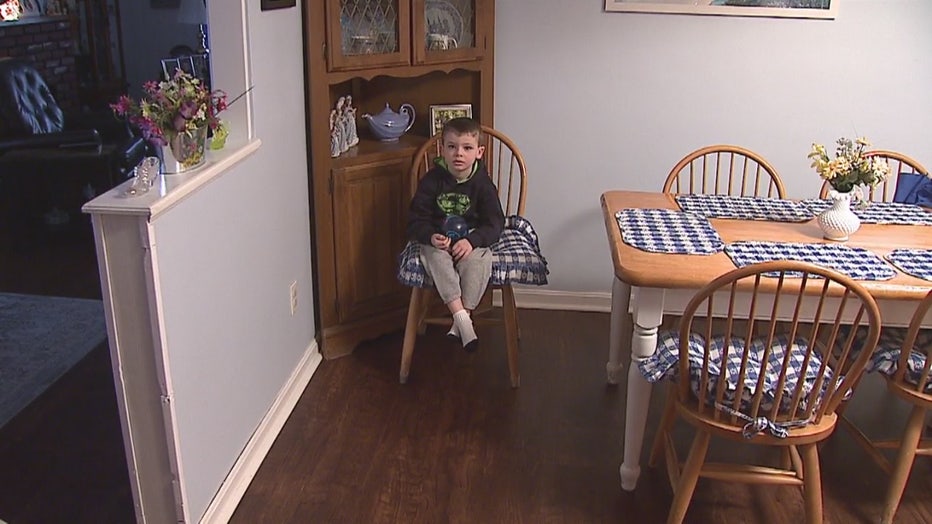For parents: Timeouts should help kids self-regulate, not be used as punishment
Have you dealt with an unruly toddler recently? A time-out seems to be the most recommended form of punishment - but how do you do it correctly? And is it good for the child?
A recent study looks at whether taking a time-out has any negative long-term effects on children. Turns out, it doesn't.
"This study was looking at time-outs over several years, from birth to around 10 years old or fifth grade. And what it found was there were no long-term effects for kids that were put in time-out versus those kids that weren't, and they looked at emotional and behavioral functioning," said Dr. Emily Mudd with Cleveland Clinic Children's.

The study looked at data from a national survey of more than a thousand children. Results show no association between the use of time-outs and symptoms of depression, anxiety, aggression or self-control.
Dr. Mudd says if parents use a time-out appropriately - to help a child self-regulate and not as punishment - they can be effective. They can help children regulate their emotions.
Here's the time out advice: you must have a timer, give a warning, count to three and then if the bad behavior doesn't stop, the child goes into isolation.
"If you are going to use time-outs and it's something that works for your family, a good rule of thumb is to do one minute per year of age. So really, starting not much younger than one to 18 months would really be the youngest age we would recommend, and so, a 2-year-old would get two minutes' time-out. And really at that age, it's just really teaching them how to regulate their bodies."
A new study shows timeouts do not have negative effects on kids
Research out of the Cleveland Clinic shows that timeouts do not have negative impacts on children, versus those who were not put in timeout growing up.
Dr. Mudd reminds parents that children receive a lot of negative feedback throughout the day, whether it's 'don't do this,' or 'stop doing that.' so, if you use time-outs, make sure you're also taking time to praise them when they're behaving appropriately.
Complete results of the study can be found in the Journal of Developmental & Behavioral Pediatrics.

